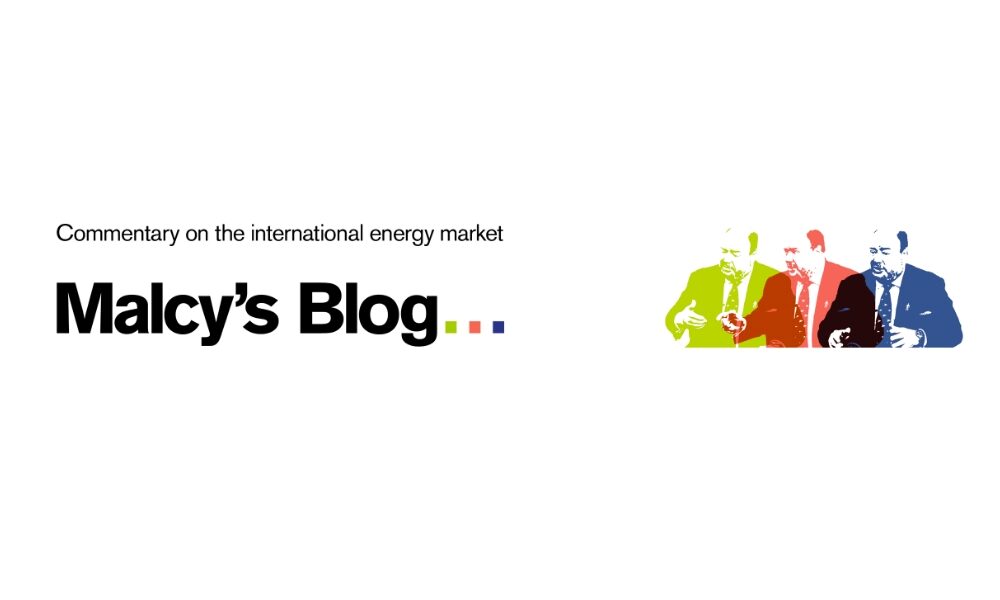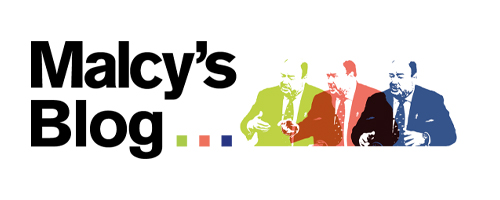
Malcy’s Blog – Gulfsands Coverage
- Home
- /
- Media Hub Posts
- /
- Malcy’s Blog – Gulfsands...
Malcom Graham-Wood Interview with Gulfsands' MD John Bell
I have been increasingly aware that there have been significant developments at Gulfsands in recent months, so I took time to catch up with Managing Director, John Bell. My conversation with him was extensive and so I have added a link and a pdf below so that it can be read in its totality.
From a corporate perspective, Gulfsands has ensured that it has maintained high standards of corporate governance and transparency despite delisting in 2018 and its shares continue to trade on the Asset Match platform. The team is keen to return in more ways than one, both in terms of returning to the markets in due course, and an important return to oil and gas operations when circumstances allow.
Operationally, Gulfsands recently successfully completed its withdrawal from Colombia, its last non-core asset, on extremely attractive terms. With that, and with clarity over the debt facility conversion terms, the company now has a clean, solid platform from which to focus on its core asset in Syria (which remains in force majeure), as well as business development elsewhere in the MENA region.
Gulfsands is ready to return to operations in Syria as and when the legal, political and security circumstances allow. The Company is of the very firm view that, along with the other IOCs with PSC in-country, it continues to be party to a legitimate PSC valid under both Syrian and international law and believes that, at the appropriate time, the terms of the force majeure will be honoured, and that IOCs will be enabled- indeed expected – to return to operations when circumstances allow.
While Gulfsands focuses on preparing for a return, it is “frustratingly” (as John Bell describes it) aware that oil is being illegally produced and sold from its, and others’, facilities in North-East Syria by the SDC/SDF and its affiliates, in violation of the PSCs and contrary to international sanctions. He explains that this unlawful activity is, most importantly, damaging Syria in multiple ways as the black-market trade denies the Syrian people the full value of the country’s oil due to “depressed prices and high levels of corruption”.
In addition, the unregulated and unsophisticated management of oil production from the fields is causing significant environmental damage, with negative repercussions for community health. There is also a lack of maintenance and investment which is damaging the reservoirs, further risking the future value of the country’s energy resources.
In our interview we turned to how and when Gulfsands might address the fact that there has been a notable lack of action by international governments in dealing with what is effectively the theft of oil, illegal trade and resultant environmental consequences.
John acknowledged the complexities of the situation in Syria and explained how Gulfsands is eager to play a positive and constructive role – in cooperation with international and Syrian stakeholders – to help to achieve a win-win solution.
To that end, he explained that Gulfsands is proposing a new idea whereby IOCs would return to operations in North-East Syria with revenues from oil sales contractually entitled to the SAR being deposited by stakeholder agreement to finance humanitarian, economic and security projects across the country. It is proposed that the initiative would be designed under the auspices and supervision of the UN with international and local stakeholder support.
In terms of materiality, we discussed the fact that Syria has the potential to generate annual gross revenue of $20bn at today’s oil prices. This is desperately needed to finance programs to address the current social crisis and to build a resilient society for the future.
Gulfsands is conscious of the parallels that might be drawn between this initiative and other models used in the past, such as the Iraqi Oil for Food program. The company is proactively working to ensure that all lessons learnt from these previous schemes are absorbed and applied, to avoid similar pitfalls.
Gulfsands is also proactively working with international parties to ensure that its approach “remains consistent with relevant UN resolutions and compliant with all applicable sanctions”. It is early days, of course, but John Bell is “encouraged by discussions to date” and is eager to raise the profile of the idea and draw on all possible international expertise to give the proposal the very best chance of success for the benefit of the Syrian people.
I would like to thank John for his time doing this extensive interview. It is produced in full in this PDF link for those who have an interest in the company, the country and the region.
Stay Up to Date
Connect with us on LinkedIn and Twitter



